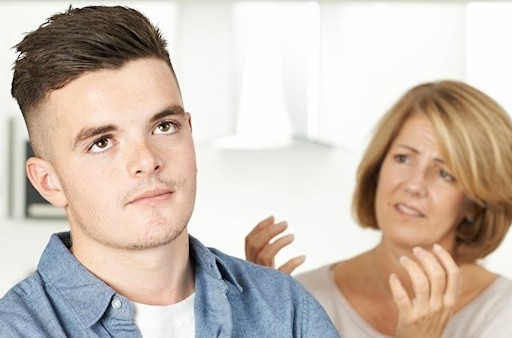In last week’s article I wrote about the urgent need for parents to teach their children how to cope with adversity so that they can successfully manage many of the challenges they will face over the course of their life.
I suggested that the study, carried out by the Union of Students in Ireland into the mental health of third level students, revealed a worrying new trend.
And I illustrated how, in my clinical experience, we are moving towards pathologising our children’s lack of resilience.
So much so that the number of children on heavy psychotropic drugs has risen exponentially over the last number of years.
I have been struck by the number of emails I have received in support of that article.
It appears that what I put forward resonated with many people and I’m very grateful for the positive response. Many of you asked me a very important question, how do we actually go about building resilience in our children?
This is something I find incredibly frustrating about all this drive for mental health in schools.
The literature out there says we must promote good mental health and build resilience but it never actually explains how to achieve those things. Which isn’t helpful and is a huge bugbear of mine. So, in this article I’m going to explore how we can build our children’s levels of resilience.
Model the behaviour: Nothing is more important than the behaviour you model for your child during their formative years. Show them how to deal with a challenge.
Recently I was in the kitchen cooking the dinner, I could hear the protestations coming from the dining room where my eight-year-old daughter was doing her third class homework.
It wasn’t long before she was standing in front of me, crying handing me a piece of paper to write a note to get out of doing her homework.
Nobody wants their child to be upset.
So I asked her, what would the note say?
She said ‘please excuse Hannah from her homework because she was too tired to do it’.
I then asked, why do you want me to write that note? She explained, through sobs, that she was tired and wanted to go upstairs and play Barbie’s with her little sister.
I looked at her, blinking up at me and wiping her eyes for effect, and said ‘I’m not going to write you that note, and the longer you stand there complaining the less time you will have to play with your sister.
You have to do your homework, we all must do things we don’t want to do.
I then went into my own bag and took out some college essays and started to correct them in front of her. I could feel her eyes watching me as I moved between the dinner and the essays. It wasn’t long before her head was back into her homework.
I haven’t heard a complaint from her since. But what message would she have received if I had written her that note?
That when a challenge arises, ‘Dad will always be there to solve it so I don’t have to figure it out for myself’. Nothing makes your child more powerless than that sentiment. And I won’t always be there, so she needs to figure it out for herself.
Allow your child the space to meet a challenge: Why are we so quick to remove all challenges from our children? And the question I often here myself thinking: ‘Whose needs do you meet when you remove the obstacle for your child?’
We must not be so quick to solve our children’s problems. I see it in schools all the time. Parents stepping in when they should be stepping back and allowing their child the space to manage it themselves.
Remove risk adverse thinking: ‘Don’t do that, you will fall!’ — have you ever heard yourself utter those negative words to your child? I hear the following while I stand on the bouncy soft floor of the playground a lot; ‘I’m not bringing you to hospital when you fall’.
What do we teach our children when we say things like that? Well, that they are not competent, risk is all around them and they do not have the skills to manage it.
That’s not to say that you encourage dangerous behaviour, but when the risk is minimum you could say something like, ‘I know you’re a great climber, but if you don’t concentrate you could fall’.
This is different than ‘you will fall’. Reinforce that they do have the skills to manage themselves and stop making them frightened of taking a healthy risk.
Resilience is not something that some children get in abundance while others are born without it. We teach our children the competencies they need to manage and regulate their emotions as they go through life.
The next time your child comes to you with an issue, avoid the immediate inclination to solve it, give them the real gift of your parenting by pulling back and allowing them the space to figure it out for themselves.




